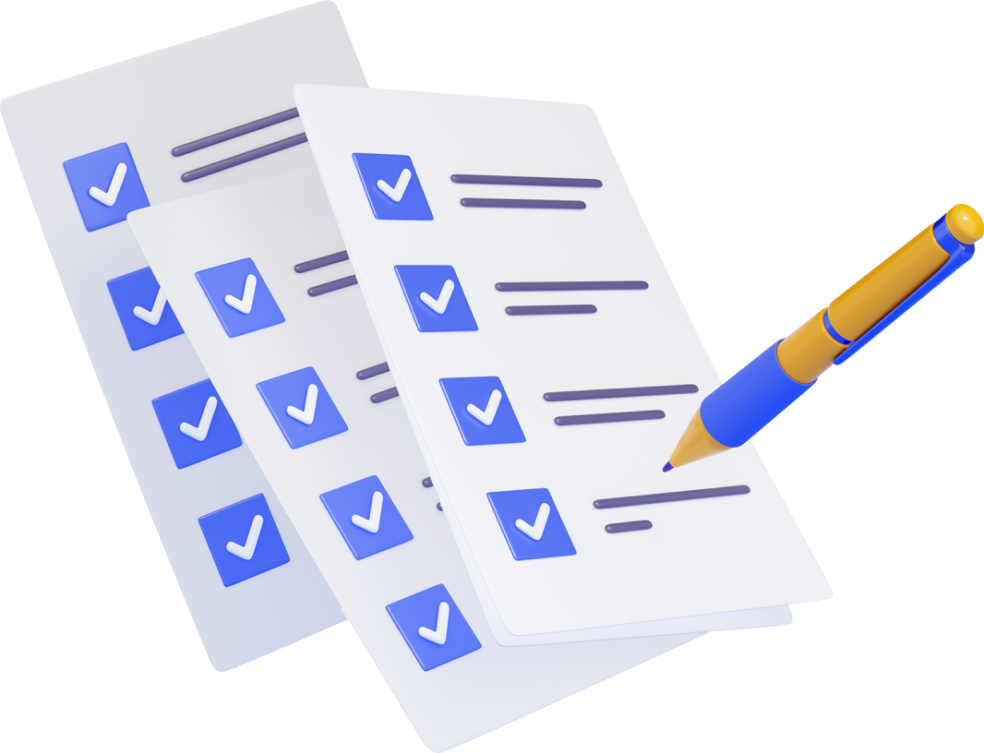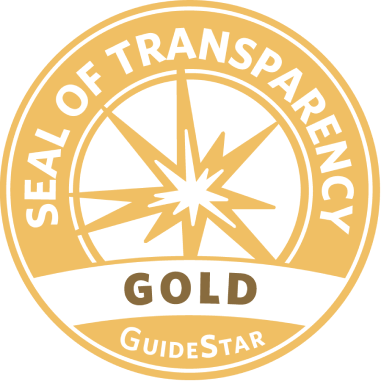For women in Iran and Afghanistan, the internet is more than just a tool for communication—it is a lifeline. In societies where their rights are severely restricted, online spaces offer a path to education, economic independence, and connection with the outside world. At the Omid Foundation, we have seen firsthand how access to digital resources can empower women to rebuild their lives despite the oppression they face.
A Digital Door to Education
With schools and universities closed to Afghan women and strict censorship in Iran, online learning has become the only way for many to continue their education. Women who were once students, professionals, or teachers are now turning to virtual classrooms, refusing to let oppressive regimes dictate their futures.
Through Omid’s online programs, women learn English, computer literacy, and human rights, gaining skills that allow them to break free from isolation. Many Afghan women, like Fatima, who was forced out of medical school when the Taliban took power, have continued their studies online in secret. “They took away my right to go to university, but they cannot take away my right to learn,” she says.
Economic Independence Through Online Work
Without the ability to work in offices or public spaces, women are finding new ways to earn a living through the digital world. Freelancing, remote work, and online entrepreneurship have become survival strategies for those who have been banned from traditional jobs.
Women are offering services in translation, writing, graphic design, coding, and digital marketing—skills they develop through online courses. For many, this is not just about income; it is about reclaiming autonomy. Nadia, a young Afghan woman, was left without financial support when she lost her job as a teacher. Through Omid’s computer literacy program, she learned digital marketing and now supports her family by working with international clients. “I never thought I could earn money from my own home,” she says. “The internet gave me freedom.”
A Safe Space for Connection and Support
Beyond education and employment, online spaces provide a vital source of emotional and psychological support. Many women facing domestic violence, trauma, or political persecution have no safe place to turn. Social media, encrypted messaging apps, and online support groups offer them a way to connect with others who share their experiences.
In Iran, where women are arrested for speaking out, the internet has become a powerful tool for activism. Despite censorship, women use digital platforms to share their stories, organize protests, and raise awareness about their struggles. The slogan “Woman, Life, Freedom” continues to spread globally because of these online efforts.
The Fight to Stay Connected
Access to the internet is not guaranteed. Both the Iranian and Afghan governments have imposed internet shutdowns, censorship, and surveillance to silence dissent and limit women’s access to information. But women continue to find ways to stay connected, using VPNs, encrypted apps, and secure networks.
At Omid, we are committed to helping women maintain access to these vital digital spaces. Through online workshops, digital literacy training, and trauma recovery programs, we ensure that even in the darkest times, hope remains just a click away.
Because for many women, the internet is more than technology—it is survival.

